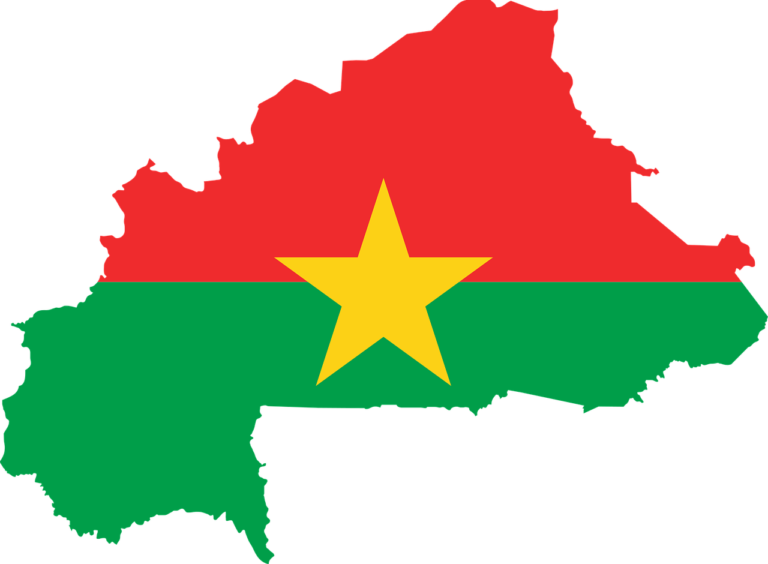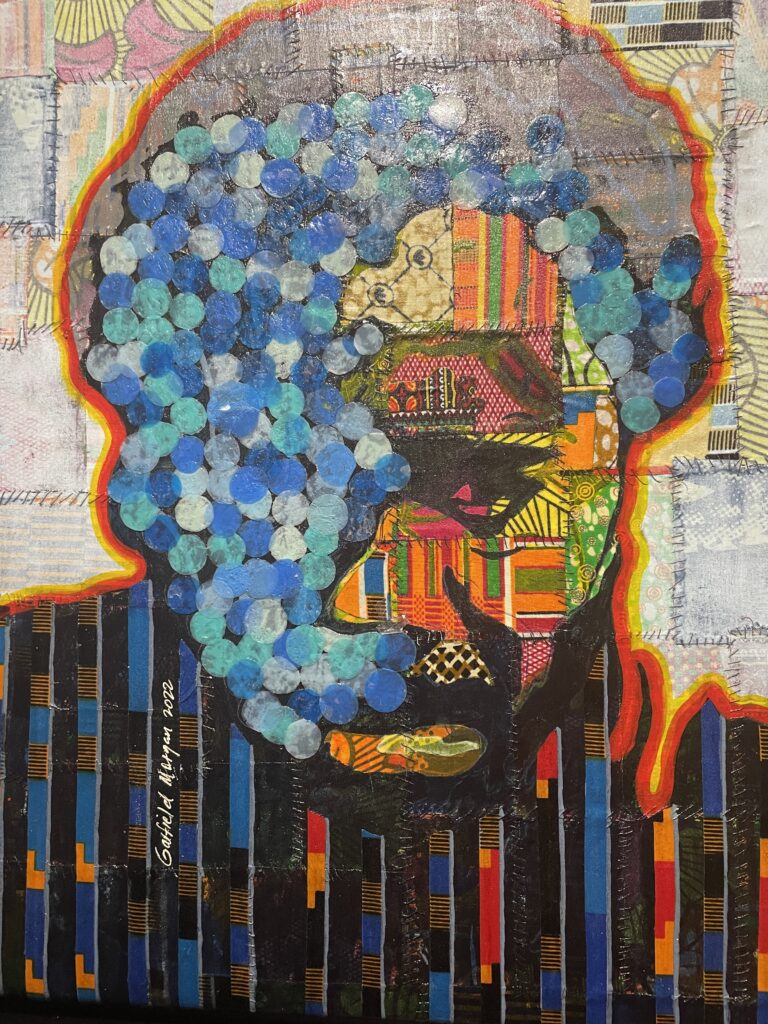Macron’s reelection in France: repercussions on Africa

When Emmanuel Macron was reelected on 24 April 2022 in France for a second term of five years, the African continent reacted in various ways. While certain circles see in this reelection a mere continuity, others find safety and security in it. A third group simply reads it as the beginning of more failure for France. This reelection means victory for the area of artistic collaboration in certain countries like Ghana. Three main candidates in that contest were: the incumbent and centrist, Emmanuel Macron, the right-wing candidate Marine Le Pen, and democratic socialist Jean-Luc Mélanchon, the leader of the La France insoumise (France Unbowed) group in the French National assembly from 2017 to 2021. This third one could not make it to the second round and Macron and Le Pen went into a run off that led to the victory of the former with 58.55 per cent.
Calls to end Françafrique
Most of those who celebrated when Macron’s victory was announced were people who feared a victory of the far-right candidate and ultra-nationalist Marine Le Pen, whose main agenda is very similar to that of former US president Donald Trump. Le Pen, who continued the conservative policy of her father and far-right politician Jean-Marie Le Pen, anchors her manifesto in ‘France for the French’, or the French first, in France. Her victory would therefore mean insecurity for immigrants, a possible emergence of racist acts and others. Other French political figures have espoused ideologies similar to hers, but they were not that drastic. Former president, Nicholas Sarkozy, was known for his heavy-handed “clamping down” on immigrants, but was not a far-right partisan. In France, many would tell you that they did not want the victory of Le Pen nor that of Macron because the former represents a kind of fascism and the latter is helping the rich become richer. They accuse him of not listening to the overage French citizen. Macron’s victory also makes many observers in Africa worry less, especially countries where a large proportion of the immigrants (in France) come from: Senegal, and Maghreb countries like Algeria, Tunisia, Morocco, etc., that have a long tradition of politico-economic interaction – not always smooth – with the hexagon.
As tradition demands, many congratulatory messages were addressed to the winner: Alassane Ouattara of Côte d’Ivoire, Mohamed Bazoum of Niger, Macky Sall of Senegal and Ali Bongo of Gabon were among those who observed the ritual. It is obvious that those good wish messages do not reflect the opinion(s) of the masses. Marc Ona, the leader of Gabon’s Civil Society did not mince words, he simply asked Macron to quench that rapport of “protector and vulnerable” that has existed between France and Francophone Africa, since the de Gaulle era. Instead of celebrating and congratulating Macron, this activist calls on Macron to turn over a new leaf and pose a relationship of equals between Africa and France. This is a bold statement and a rational concern. France is one of the former colonizers that is still holding on to her tight grip over her former colonies. No colonial master totally will let go of their control over their ‘possessions’ although the general belief is that former British colonies have a larger degree of autonomy compared to Britain, that scramble for Africa is still present, under other forms. Many decisions taken in Africa are dictated from the West. Those who contend that Anglophones are free from the control of the colonizer base their argument on the colonial form of administration in most cases, precisely the British indirect rule and the French assimilation. Aside from a call to end Françafrique, activists like Marc Ona want this second term of Macron to champion the cause of democracy in Africa and that preoccupation is well-grounded in logic.
Macron’s first term has been marred by many moves that really re-echo neocolonialism and imperialism. Although during his visit to Burkina Faso in November 2017 the French president said that the era of Françafrique is over, his support for the introduction of the ‘eco’ as the new currency that replaces the CFA franc is simply a decision that aims at defending French interests on the continent. Replacing the CFA franc by the ‘eco’ does not change anything in the pillage that France engages in, on the continent. It would simply mean a change of name, but the content remains the same, since the new currency would be pegged to the euro. His 2019 Christmas visit to French troops (stationed in Côte d’Ivoire) and Ivorian president Ouattara is also criticized by many who see in it a support for a non-democratic government, since the third mandate of the current Ivorian is not in line with the constitution of the country, as we hear in certain political circles.
Keeping troops for almost a decade in West Africa for the anti-Jihadist fight is equally selfish and paternalistic somehow. The presence of those troops has not vanquished the Jihadists in any way. Macron is therefore asked to be a pragmatic leader who keeps his word, during this second term. The majority of Africans ask him to put his statements into practice. The fact that Marine Le Pen conceded defeat is the only good thing that many see in that election. Such people believe that Africans have to learn the practice of fair play in politics, where the other party congratulates the winner and accepts defeat, in the spirit of ‘democratic’ and peaceful coexistence.
Wish for continuation of innovative cultural policy in Ghana
In Ghana, the general reaction to Macron’s reelection is the hope that the work initiated by Anne Sophie Avé, the ambassador of France to Ghana, will continue. Such a wish makes sense because the ambassador that Macron appointed to Ghana is realizing projects that are magnificent. Ghanaians, therefore, hope that the reelected French president will keep that ambassador at her post. Her Excellency Anne Sophie Avé has been made Nkosuohemaa (Queen for Development) in the Bono Region of Ghana, with the stool name Nana Benneh III. That means she is to put development projects in place and facilities like schools, health facilities, etc. in the area. What fascinates Ghanaians the most is the way in which the French ambassador encourages cultural exchanges between Ghana and France. In November 2021, she organized ‘Paris in Accra’ which a concert that brought French artists to Accra, to perform. Then in April 2022, she launched ‘Accra in Paris’, a show that made Ghanaian musicians like Sarkodie, Stonebwoy and Kwabena Kwabena perform in Paris. This has a powerful impact: Ghanaian artists do not look at the UK or US only as the mecca of showbiz but Paris also. Those artists are known to play ‘good music’ in Ghana and the event was said to be a great show. One has trouble believing that this French ambassador is not of Ghanaian descent. H.E. Avé hosts a TV show called ‘Touch of France’, that stars notable persons in Ghana (Abedi Pele, Marcel Desailly, Yvonne Okoro, etc.) and showcases France and its culture. That programme won the “TV Show of the Year Award”. This might appear as aggressive cultural imperialism but the osmosis part of it takes away or reduces the “center-periphery” phenomenon. Both Ghana and France benefit to some extent, from the ingenuity of the ambassador.
Mixed expectations of various kinds await the re-elected French president who was inaugurated on 7 May 2022.
Moussa Traoré is Associate Professor at the Department of English of the University of Cape Coast, Ghana.






